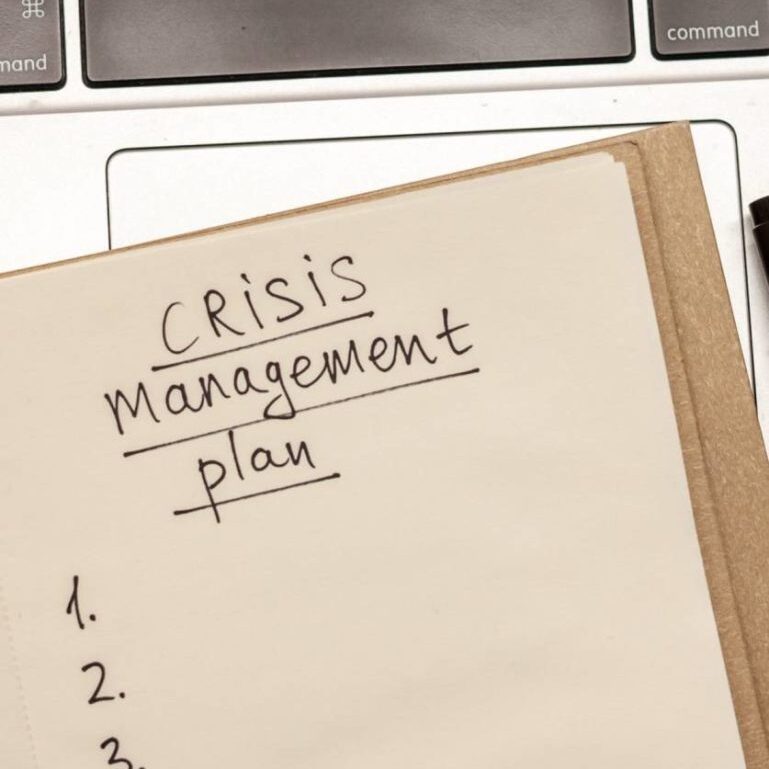How Small Law Enforcement Agencies Respond to Calls Involving Persons in Crisis: Results from a National Survey
Publication Date: January 2021
Police frequently respond to calls involving people with behavioral health needs (those with mental illnesses and/or substance use disorders). These calls are often time-consuming and potentially dangerous for officers and the persons experiencing crisis. Large and medium-sized law enforcement agencies have increasingly adopted specialized police response models. However, little is known about the adoption of specialized responses by small agencies with fewer resources, less occasion to see persons in crisis, and fewer nearby mental health facilities. This report presents findings from a survey of how small law enforcement agencies respond to incidents involving persons in crisis as a result of mental health or substance abuse issues. It is based on responses of a random sample of 380 municipal police and sheriff offices with between 10 and 75 sworn officers between February and October 2020. The survey finds that all but twelve responding agencies had adopted some form of specialized response model for dealing with calls involving persons in crisis. More than six in ten agencies have provided some form of crisis response training to all patrol officers, and three in ten provided training to some patrol officers. Three in ten agencies had at least one officer in the agency who had been CIT (Crisis Intervention Team) certified and half of the agencies reported being part of a regional CIT partnership. The death of George Floyd, which occurred during the administration of the survey, encouraged four in ten survey respondents to reassess their current approach to dealing with persons in crisis.

